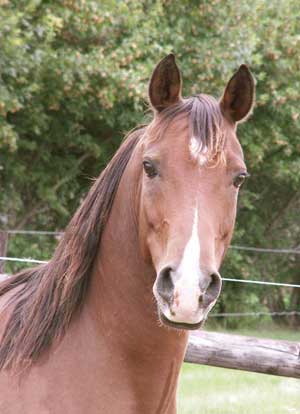Is there end in sight to the long standing debate on Slaughtering American horses? Many are hopeful after the FY 2014 omnibus spending bill re-established law that prohibited the USDA from spending any money to inspect horse-slaughter facilities. Without inspections, the horsemeat cannot be sold to for human consumption in foreign markets. Since horse slaughter is banned in United States, unwanted horses are purchased by meat buyers at local auctions are loaded onto trailers, crammed into impossibly small spaces, and transported for days with no food, water or rest across our nation’s borders. In fact in 2012, over 160,000 horses were slaughtered in Canada and Mexico.
There is hope to end this suffering. It is the SAFE act which will bring an end to the cruel practice of transporting horses to slaughterhouses in Canada, Mexico and Japan.
Anti-slaughter advocates introduced the Safeguard American Food Exports (SAFE) Act (H.R. 1094/S. 541). If approved, this act will also prohibit the transport of horses to slaughter. Proponents of the SAFE Act explain that horsemeat is unsafe to eat since horses are treated with medications that are toxic when ingested by humans. They further argue the practice of shipping horses across the borders is inhumane. Sadly, there is ample evidence to support their claim.
The Pro-Slaughter advocates argue that previous attempts to ban slaughter have either failed or resulted in unintended hardships for horses. They argue that there is no sustainable plan to provide funding, infrastructure or an enforcement authority to address the welfare of unwanted horses. Without a plan, many feel that local slaughter is necessary to control the grown number of unwanted horses.
Hopefully, the debate will end in 2014 and horses will receive the protections they deserve from the cruelties of the current practices.
Got an opinion on this debate? Join the discussion at Facebook.com/EquineWellnessMagazine or at Facebook.com/EquineRescueNetwork







